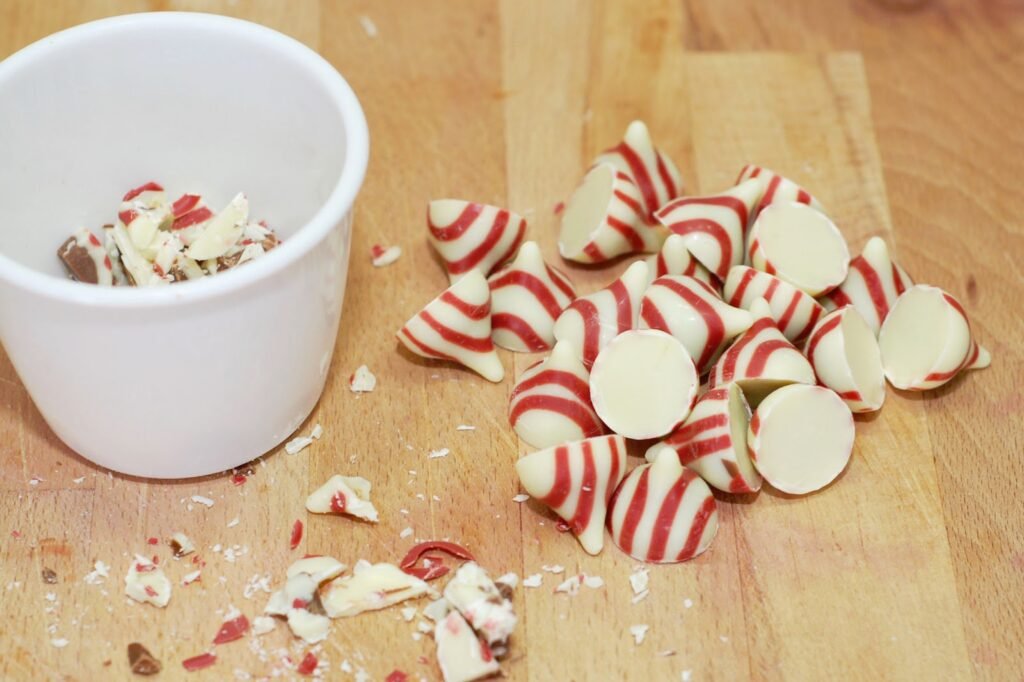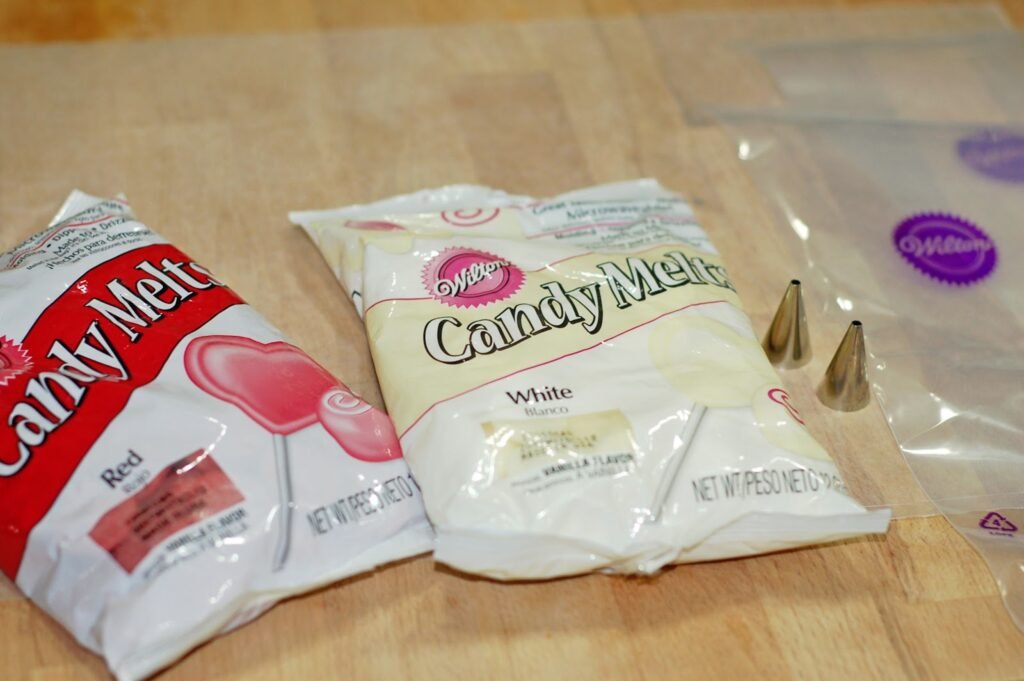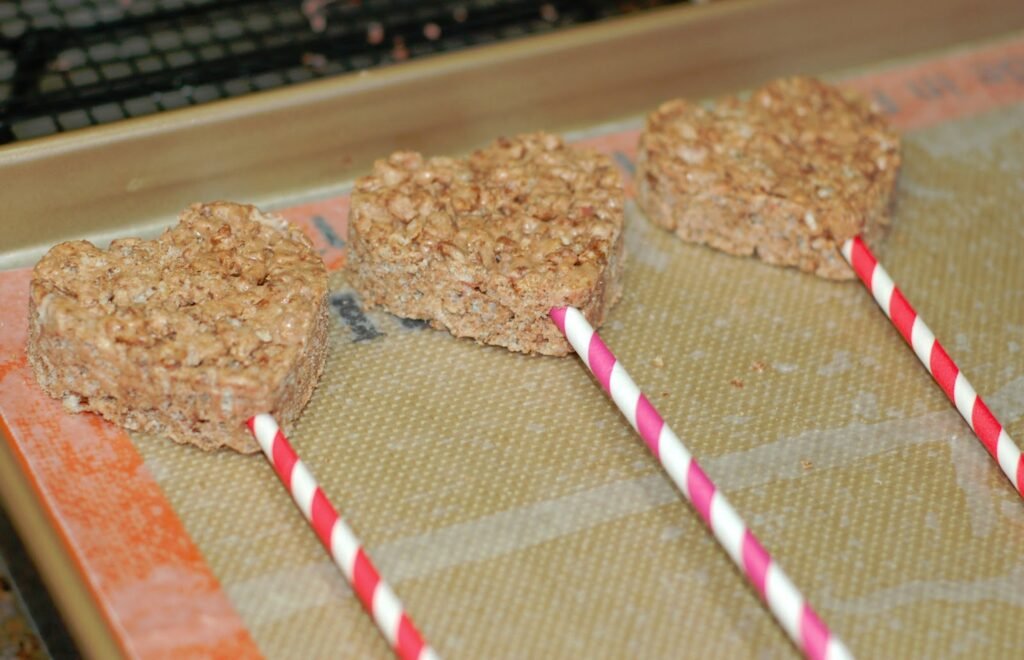Is Ginger Tea Acidic? Ginger Tea and Acid Reflux
The Surprising Benefits of Ginger Tea for Acid Reflux Relief
Ginger tea is one of the most popular natural remedies for addressing a range of health concerns, especially digestive problems. Known for its soothing properties, ginger tea is often the go-to solution for symptoms like nausea, bloating, and indigestion. But for those who suffer from acid reflux or are cautious about the acidity of their beverages, a common question arises: “Is ginger tea acidic, and can it help or worsen acid reflux?”
The answer lies in understanding ginger tea’s pH level, its effects on the digestive system, and how it interacts with the symptoms of acid reflux. In this comprehensive guide, we’ll explore whether ginger tea is acidic, its health benefits, and how to safely incorporate it into your diet. By the end, you’ll know how to use ginger tea to soothe heartburn and support digestive health.
Is Ginger Tea Acidic or Alkaline?
Ginger tea is mildly acidic, with a pH level that typically ranges from 5.5 to 6.5. Despite its slight acidity, ginger tea is not considered a problematic beverage for most acid reflux sufferers. Unlike other acidic drinks such as coffee, citrus juices, or carbonated sodas, ginger tea is known for its soothing properties rather than triggering reflux symptoms.
The key compounds in ginger—gingerol, shogaol, and zingerone—have anti-inflammatory and anti-nausea effects. These properties make ginger tea effective in calming the stomach and supporting the digestive process, reducing the chances of acid buildup or irritation.
However, it’s important to note that while ginger tea is typically safe, individual responses vary. In rare cases, sensitive individuals might experience stomach discomfort if they consume too much ginger tea or if it’s prepared too strongly.
Author Tip: Clove Tea and Acid Reflux
How Ginger Tea Affects Acid Reflux?
Ginger tea is often recommended for acid reflux sufferers because it addresses some of the root causes of reflux symptoms. Here’s how it can help:
1. Anti-inflammatory Properties
Acid reflux often leads to inflammation of the esophagus, causing discomfort and irritation. The natural compounds in ginger—particularly gingerol—help reduce inflammation in the esophagus and stomach lining.
2. Improves Gastric Emptying
One of the leading causes of acid reflux is delayed stomach emptying, which increases pressure in the stomach and pushes acid upward into the esophagus. Ginger tea stimulates digestive enzymes, promoting faster stomach emptying and reducing acid buildup.
3. Reduces Esophageal Irritation
Unlike acidic drinks like citrus juices, ginger tea has a soothing effect on the esophagus. It helps calm irritation caused by stomach acid refluxing back up.
4. Eases Nausea and Heartburn
Heartburn and nausea are common symptoms of acid reflux. Ginger tea is well-known for its ability to relieve nausea, making it a great option for managing reflux-related discomfort.
5. Neutralizes Stomach Acid (In Moderation)
When consumed in moderate amounts, ginger tea can help neutralize excess stomach acid and create a more balanced environment in the stomach.
Caution: While ginger tea has numerous benefits, drinking it in excess (more than 3–4 cups a day) can irritate the stomach lining, especially in people with sensitive stomachs.
Related to Read: Is Chamomile Tea Acidic?
Science-Backed Health Benefits of Ginger Tea
In addition to alleviating acid reflux symptoms, ginger tea offers a wide range of health benefits backed by scientific research:
1. Aids Digestion
Ginger tea stimulates the production of digestive enzymes, helping to break down food more efficiently and prevent indigestion, bloating, and gas.
2. Reduces Inflammation
Studies published in the Journal of Medicinal Food highlight ginger’s powerful anti-inflammatory properties, which can reduce inflammation in the gut and esophagus caused by acid reflux or other conditions.
3. Boosts Immunity
Ginger tea is rich in antioxidants, such as gingerol, which combat free radicals and support a strong immune system.
4. Relieves Nausea and Vomiting
Ginger has been widely studied for its effectiveness in treating nausea, including morning sickness during pregnancy, motion sickness, and nausea caused by chemotherapy or surgery.
5. Lowers Stress and Promotes Relaxation
The warm and soothing nature of ginger tea makes it an excellent choice for reducing stress and promoting relaxation. Stress can be a trigger for acid reflux, so managing it is essential.
6. Regulates Blood Sugar Levels
Research published in Food & Function indicates that ginger can help stabilize blood sugar levels, preventing blood sugar spikes that can indirectly lead to acid reflux.
How to Prepare Ginger Tea for Acid Reflux Relief?
Making ginger tea at home ensures it is fresh, free of additives, and tailored to your specific needs. Follow this reflux-friendly recipe:
Ingredients:
- 1-inch piece of fresh ginger (peeled and sliced)
- 2 cups of water
- 1 teaspoon of honey (optional, for sweetness)
Instructions:
- Boil the water and add the sliced ginger.
- Reduce the heat and let it simmer for 10 minutes.
- Strain the tea into a cup and let it cool slightly before drinking.
- Add honey if desired, but avoid adding lemon or other acidic ingredients that may trigger reflux symptoms.
Pro Tips for Ginger Tea Preparation:
- Use fresh ginger for maximum potency and effectiveness.
- Avoid over-steeping the tea, as it can make the flavor too strong and irritate sensitive stomachs.
- Drink it warm rather than hot or cold, as extreme temperatures can aggravate reflux.
Tips for Drinking Ginger Tea Safely
To get the most out of ginger tea without triggering reflux symptoms, keep these tips in mind:
- Drink in Moderation: Limit your intake to 1–2 cups daily. Overconsumption can irritate the stomach lining.
- Avoid Adding Acidic Ingredients: Skip lemon or citrus, which can increase the acidity of the tea.
- Drink Before Meals: Consuming ginger tea 20–30 minutes before a meal can aid digestion and reduce the likelihood of reflux.
- Opt for Homemade Ginger Tea: Store-bought versions may contain additives, artificial sweeteners, or preservatives that could irritate the stomach.
Author Tip: Is Tea Acidic? 5 Non-acidic Alkaline Tea for You!
Frequently Asked Questions About Ginger Tea and Acid Reflux
1. Can ginger tea worsen acid reflux?
In most cases, ginger tea helps soothe acid reflux symptoms. However, drinking excessive amounts or preparing it too strongly may irritate the stomach in sensitive individuals.
2. How often can I drink ginger tea for acid reflux?
Drinking 1–2 cups per day is generally safe and effective for managing reflux symptoms.
3. Is powdered ginger as effective as fresh ginger in tea?
Fresh ginger is more potent and has a milder flavor, making it the better option for reflux-friendly tea. Powdered ginger can be used but may be stronger and less soothing.
4. Should I drink ginger tea hot or warm?
Warm ginger tea is ideal, as extremely hot beverages can irritate the esophagus and trigger reflux.
5. Can I drink ginger tea at night for acid reflux?
Yes, ginger tea can be consumed at night. Its calming properties may help reduce nighttime reflux symptoms and promote better sleep.
Final Thoughts
Ginger tea is a mildly acidic yet highly beneficial beverage for acid reflux sufferers. Its anti-inflammatory, digestive-enhancing, and nausea-relieving properties make it a natural remedy for soothing heartburn and improving gut health. By preparing ginger tea properly and consuming it in moderation, you can enjoy its many health benefits without aggravating reflux symptoms.
If you’re looking for a gentle, natural solution for acid reflux, ginger tea is definitely worth adding to your daily routine. However, always listen to your body and adjust your intake based on how it makes you feel.
Chocolate Raspberry Rice Krispie Treats

I found these great new Hershey’s Raspberry Hugs at Target the other day. They are milk chocolate kisses hugged by a raspberry flavored white cream. Hmmm? Chocolate and raspberry? Why, yes I took a bag home. I was smart enough not to open the bag till I was ready to bake with them. As soon as it was open the little vultures that reside in my home were circling the kitchen waiting for me to throw them some. My two year old really liked them. He kept asking for more “chocoleelee”. That is what he calls chocolate. Most of his other words he enunciates very well, but it’s cute when he mispronounces some.

I was really happy with the way my Candy Cane Hot Chocolate Rice Krispie Treats came out with the Candy Cane Kisses, so I employed the same method. I used Cocoa Krispies and hot chocolate in the mix.

I just chopped up the Raspberry Hugs into small pieces with a knife. I might have eaten a few pre-cut ones.

I made some of the Rice Krispie Treats into bars and decorated them with Wilton’s red and white candy melt and sprinkled them with some cute little heart sprinkles I found in the $1 bins at Target.

But I also wanted to create something a little more festive to Valentine’s Day coming up. I pulled out my Wilton’s 3 inch heart cookie cutter and cut some of the treats into heart shapes.

And put them on some striped paper straws and decorated them with some red and white candy melt also. I used Wilton’s #5 tip to pipe in the outline and fill in, then I used a #2 tip to write the words.

This is great for a party at your kids school or just for your loved ones at home. A little something extra special is always nice to receive.

Chocolate Raspberry Rice Krispie Treats
by The Sweet Chick
Prep Time: 10-15 minutes
Cook Time: 5 minutes
Keywords: no bake dessert snack rice krispies hot chocolate Hershey’s Raspberry Hugs chocolate
Ingredients (24 bars)
For the treats
- 4 tablespoons butter
- 1 bag (10 oz.) mini marshmallows
- 1/2 cup hot chocolate mix
- 6 cups Cocoa Krispie Cereal
- 1 cup chopped, Hershey’s Raspberry Hugs
For the topping
- Wilton’s red candy melt
- Wilton’s white candy melt
- heart sprinkles
Instructions
For the treats
In a large sauce pan, melt butter and marshmallows over low heat. Stir until completely melted.
Remove from heat and add hot chocolate mix. Stir until completely mixed.
Then add the Cocoa Krispie cereal and chopped Raspberry Hugs. Mix until all is well incorporated.
Then pour the mixture into a greased 9 x 13 pan or a cookie sheet and spread it evenly with a piece of waxed paper.
Place in fridge to cool and set.
For the topping
Melt red and white candy melt according to instructions on package and drizzle over the cooled treats using Ziplock bags with the tips cut off or Wilton’s disposable decorating bags with a Wilton #5 cake decorating tip.
Then add sprinkles before the candy melt hardens.
Once candy melt has set, cut treats into squares and keep in an airtight container.
